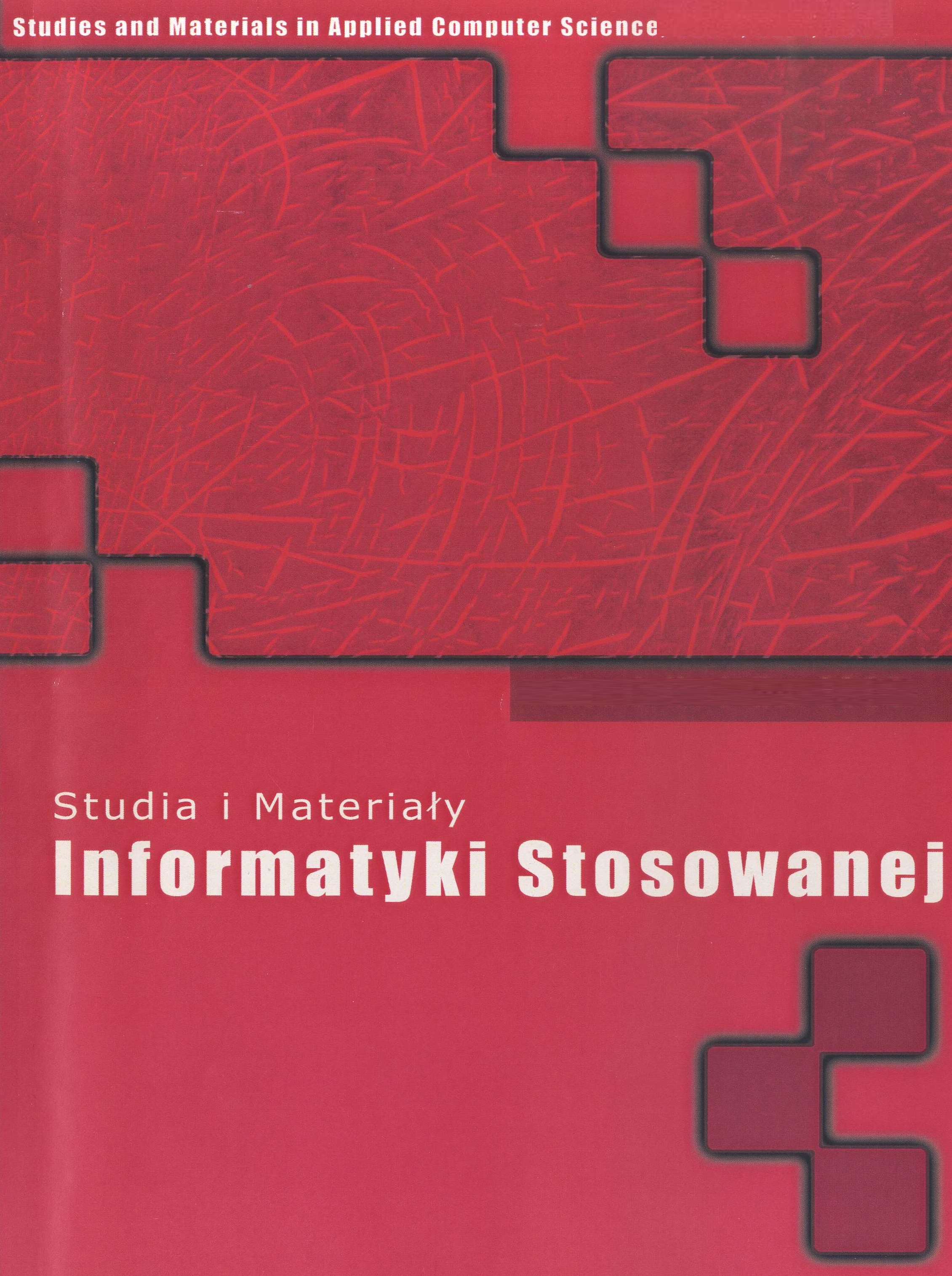Ml-based models in support of selected legal and administrative activities
DOI:
https://doi.org/10.34767/SIMIS.2025.02.08Keywords:
computer science, law, artificial intelligence, machine learning, legal applications, administrative applicationsAbstract
This article discusses the application of machine learning (ML) models in improving legal and administrative processes. It highlights how ML techniques such as natural language processing and predictive analytics can automate routine tasks such as document classification, legal research, and case outcome prediction. The authors discuss the benefits of ML-based systems, including increased efficiency, reduced human error, and increased access to justice. Ethical issues are addressed, particularly regarding algorithmic bias, transparency, and accountability in decision-making. Case studies are presented to illustrate the real-world implementation of these technologies in courts and public administration. The article concludes by emphasizing the need for interdisciplinary collaboration and regulatory frameworks to ensure responsible and effective integration of ML in legal domains.
Downloads
Published
Issue
Section
License

This work is licensed under a Creative Commons Attribution-ShareAlike 4.0 International License.

